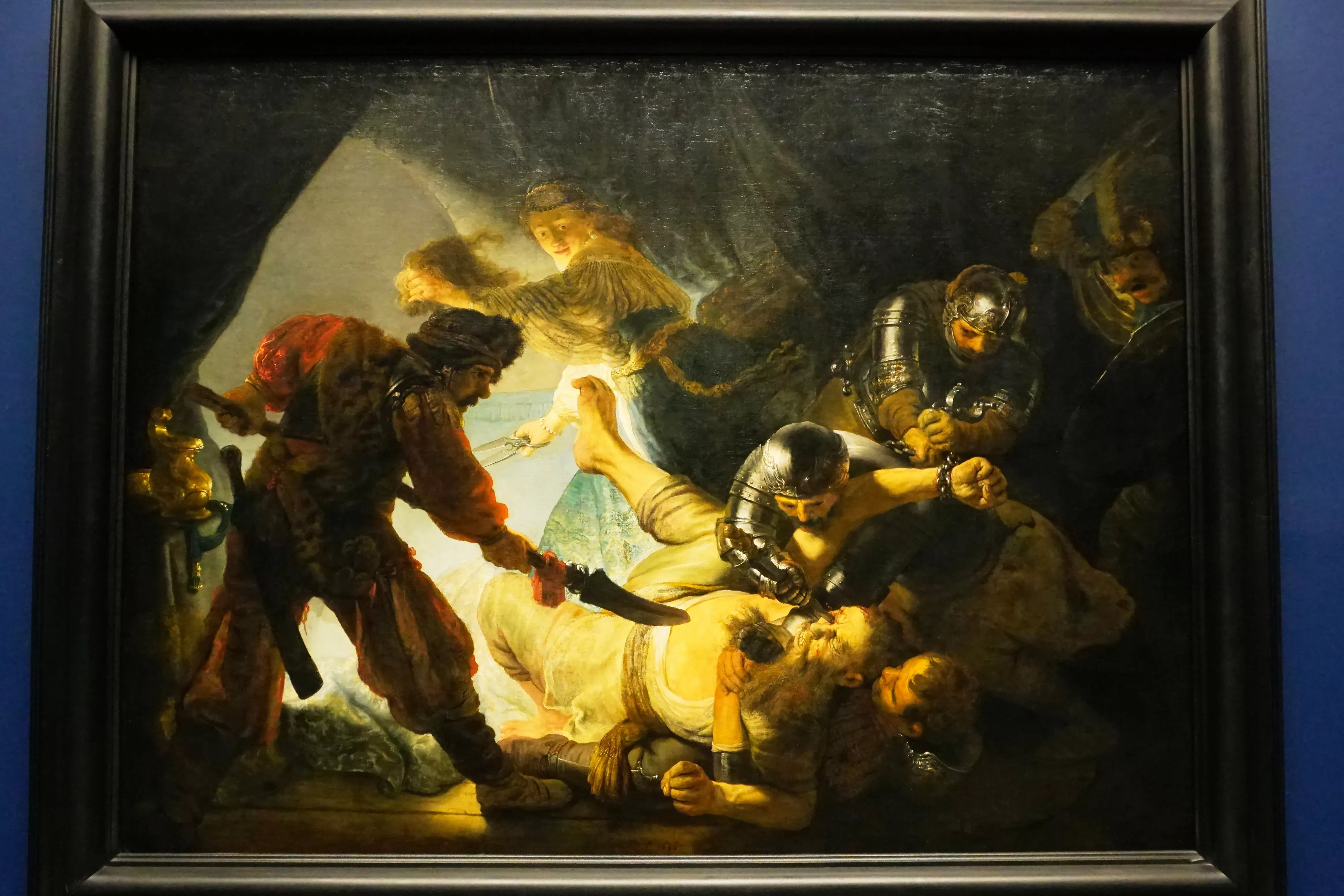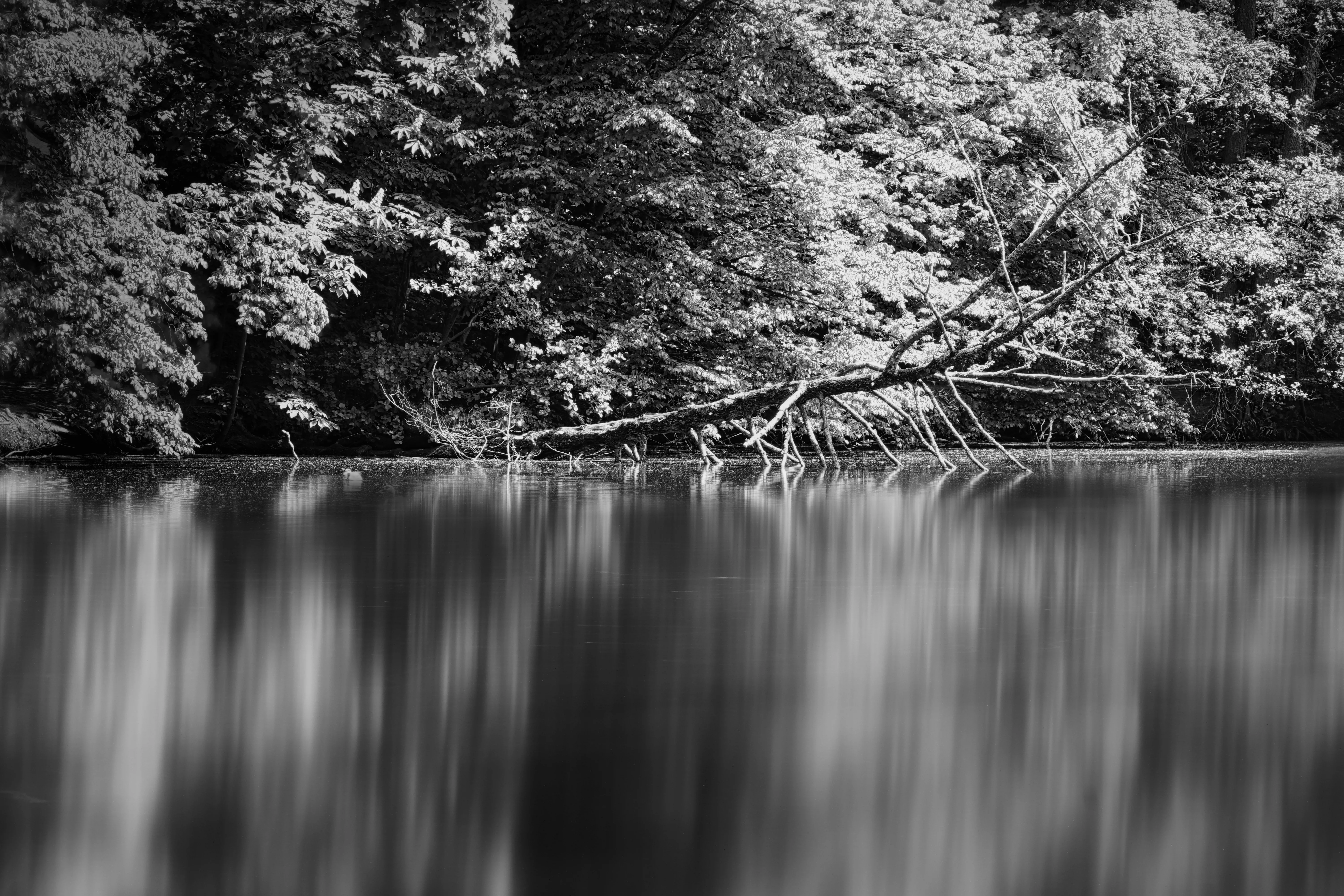Why Women Love Cameras
Cameras have been around for centuries
(https://en.wikipedia.org/wiki/History_of_the_camera),
but it seems that women have a special affinity for them. From selfies to professional photography, women seem to love being in front of the lens. But why is that? Is it a social construct or a psychological predisposition? And what are the political implications of this phenomenon?
Let’s start with the social aspect. In many societies, women have been objectified and reduced to their physical appearance. They have been judged based on their looks rather than their abilities, and their worth has been measured by their beauty. As a result, women have learned to value their appearance and to seek validation through external sources, such as social media and photography.
But it’s not just about validation. Women also use photography as a way to express themselves and to create a visual narrative of their lives. In a world where women’s voices are often silenced, photography can be a powerful tool for self-expression. It allows women to tell their own stories and to control their own image.
From a psychological perspective, there are several reasons why women might be drawn to photography. For one, it can be a form of self-care. Taking pictures of oneself or of things that bring joy can be a way to boost one’s mood and to cultivate a sense of mindfulness. Additionally, photography can be a form of creativity and a way to channel one’s emotions.
But there is also a darker side to this phenomenon. Some women may use photography as a way to conform to societal expectations and to perpetuate harmful stereotypes. For example, the rise of influencer culture has created a new breed of women who are obsessed with their appearance and who use photography as a way to sell products and to gain followers. This can create a cycle of objectification and validation-seeking that is difficult to break.
And what about the political implications of this phenomenon? On the one hand, photography can be a powerful tool for activism and social change. Women have used photography to document social injustices and to raise awareness about issues such as domestic violence, body shaming, and discrimination. In this way, photography can be a way to reclaim agency and to challenge the status quo.
On the other hand, the emphasis on appearance and the pressure to conform to societal beauty standards can also be a form of oppression. Women are often judged based on their looks rather than their abilities, and they are held to impossible standards of beauty that are perpetuated by the media and by popular culture. This can create a toxic environment that undermines women’s self-esteem and perpetuates harmful stereotypes.
So, why do women love cameras? The answer is complex and multifaceted. It’s a combination of social, psychological, and political factors that have come together to create a cultural phenomenon. While there are certainly positive aspects to this phenomenon, such as self-expression and creativity, there are also negative aspects, such as the perpetuation of harmful stereotypes and the pressure to conform to societal beauty standards.
But perhaps the most important question we should be asking is not why women love cameras, but why we continue to place so much value on appearance and why we judge women based on their looks rather than their abilities. As we strive for gender equality and social justice, we must work to create a world where women are valued for who they are, not just for how they look. And maybe then, we’ll start to see a shift in the way women use cameras and in the way they are perceived by society.


















